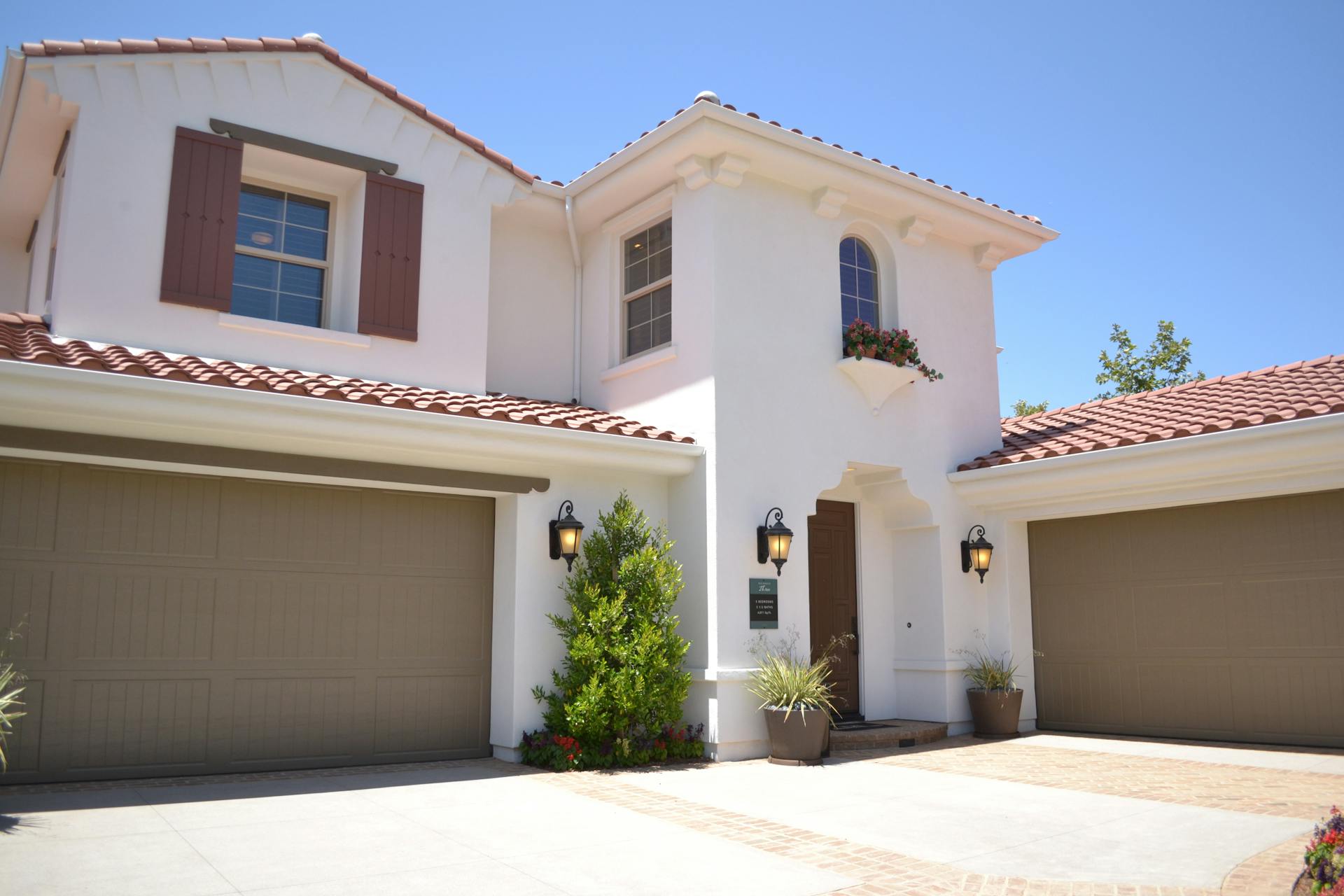RESayle’s Guide To Earnest Money Deposits
Selling your home can be an exciting yet complex journey. Among the various terms and processes you’ll encounter, “earnest money deposit” (EMD) is one you’ll likely hear early on. Understanding what an EMD is and its role in the home-selling process can help you navigate transactions more confidently and avoid potential pitfalls. So, let’s dive into what an earnest money deposit is and why it matters.
What is an Earnest Money Deposit?
An earnest money deposit is a sum of money that a buyer offers to a seller as a sign of their serious intent to purchase a property. Think of it as a financial handshake that demonstrates the buyer’s commitment to the transaction. This deposit is typically made after a buyer’s offer is accepted but before the sale is finalized.
How Much is the Earnest Money Deposit?
The amount of the earnest money deposit can vary based on several factors, including the local real estate market, the overall purchase price of the home, and any specific conditions agreed upon between the buyer and seller. Generally, it ranges from 1% to 3% of the home’s purchase price. For instance, on a $300,000 home, the earnest money deposit could be between $3,000 and $9,000.
Why is Earnest Money Important?
Shows Serious Intent
The primary purpose of an EMD is to show that the buyer is serious about purchasing the home. This earnestness helps reassure sellers that the buyer is not just testing the waters but is genuinely interested in closing the deal.
Protects the Seller
When a buyer puts down an earnest money deposit, it compensates the seller for the time and effort spent taking the house off the market while the closing process unfolds. If the buyer backs out of the deal without a valid reason, the seller may keep the earnest money to cover any inconveniences and potential losses.
Commitment to the Contract
An earnest money deposit is part of the purchase agreement. This contractually binds the buyer to fulfill their obligations to complete the purchase, provided all the conditions are met. It adds a layer of security to the transaction, helping both parties feel more secure about proceeding with the deal.
What Happens to the Earnest Money?
Once the earnest money is submitted, it is usually held in an escrow account by a neutral third party, such as a title company or real estate brokerage. This ensures that the funds are safely managed and only disbursed according to the terms of the contract.
At Closing
If the sale goes through as planned, the earnest money is typically applied toward the buyer’s down payment or closing costs.
If the Deal Falls Through
If the deal falls through due to contingencies outlined in the contract (such as the home inspection, financing, or appraisal contingencies), the buyer can often get their earnest money back. However, if the buyer backs out of the deal for reasons not covered by the contingencies, the seller may be entitled to keep the earnest money as compensation.
Contingencies and Protection
To protect their earnest money deposit, buyers often include contingencies in their offer. Common contingencies include:
- Home Inspection Contingency: Allows the buyer to back out or renegotiate if significant issues are found during the home inspection.
- Financing Contingency: Ensures the buyer can obtain the necessary financing to purchase the home.
- Appraisal Contingency: Allows the buyer to renegotiate or cancel the deal if the home’s appraised value is lower than the purchase price.
As a seller, it’s essential to understand these contingencies because they affect whether you get to keep the earnest money if the deal falls through.
Tips for Sellers
- Evaluate the Buyer’s Financial Stability: Before accepting an offer, assess the buyer’s financial stability to ensure they can follow through with the purchase.
- Understand the Terms of the Contract: Be clear on the terms and conditions related to the earnest money deposit. Work with your real estate agent or attorney to review the contract thoroughly.
- Keep the Home Sale Process Transparent: Maintain open communication with the buyer to prevent misunderstandings that could lead to disputes over the earnest money.
An earnest money deposit is a crucial component of real estate transactions, providing security and demonstrating a buyer’s commitment. By understanding how EMD works and its importance, you can better navigate the home-selling process, ensuring a smoother and more secure transaction.
As always, working with a knowledgeable real estate professional can provide invaluable guidance and help protect your interests every step of the way.




